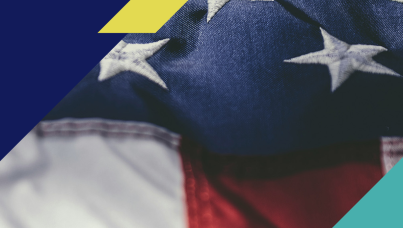The coming consumer crunch
Right now, there is a lot to be optimistic about. The unemployment rate is low. Inflation seems to be cooling off. The sun is shining, and spring is springing.
Yet, history, and now the Federal Reserve, tells us that a recession is looming. Right now, it appears that the worst may have been avoided, with the Federal Reserve predicting that the recession on the horizon will be mild. That's a far better prognosis than what some experts expected last year when inflation was peaking. On top of all that, we are also not necessarily out of the woods from the banking crisis that roiled markets just last month.
As we weigh this moment of high uncertainty, in five charts below, we look at where consumers stand in all of this.
- The crunch. Americans have been navigating high inflation for over year. Yet, the slowdown in consumer spending we might expect given rising prices has not come. To spend more and keep up with higher prices, people are eating into their savings and racking up credit card balances, even as interest rates continue to climb. Debt might be harder to pay off, given higher interest rates. This is the financial crunch we are in. How long will this last? We will see.
- Running out of savings. What we see in the official statistics lines up with what the polls are telling us. More people are dipping into their savings, taking on credit card debt, and borrowing money from friends and family. Lower- and middle-income people are more likely to take these steps. A problem may be brewing. You can only spend more than you have for so long.
- Caught in between. Zooming out, consumers aren’t just feeling doom and gloom. Some parts of consumers’ experience with the economy have rebounded to pre-pandemic levels of optimism, while others lag in the doldrums. Americans are feeling positive about their job and their future. Yet, consumers aren’t feeling upbeat about the state of the current economy and their ability to invest; these mixed signals ground consumer confidence in the lukewarm middle.
- Regressive tax, misplaced hope? Despite the recession warning, consumers across the board feel optimistic about their financial future. Though, pessimistic feelings linger, especially for lower-income Americans, about their place in the current economy and their ability to invest. Affluent Americans are feeling much more confident about these measures. Two economies, two realities, but both feel like what’s to come might be better.
- More of the same. Still, when we ask Americans to think about the short term, consumers are largely expecting more of the same. Income doesn’t boost or dampen these feelings. Everyone is expecting things to continue business as usual. Is that a good assumption? We will see.
In spite of all the mixed signs, so far, it’s seemed like we’ve been able to avoid the worst of what economists have been predicting for the economy. Americans are acting as though the future is bright, spending money and building up debt. But as some warning signs grow, and as more experts point toward a recession on the horizon, all that could change. A pending consumer crunch? Perhaps.



